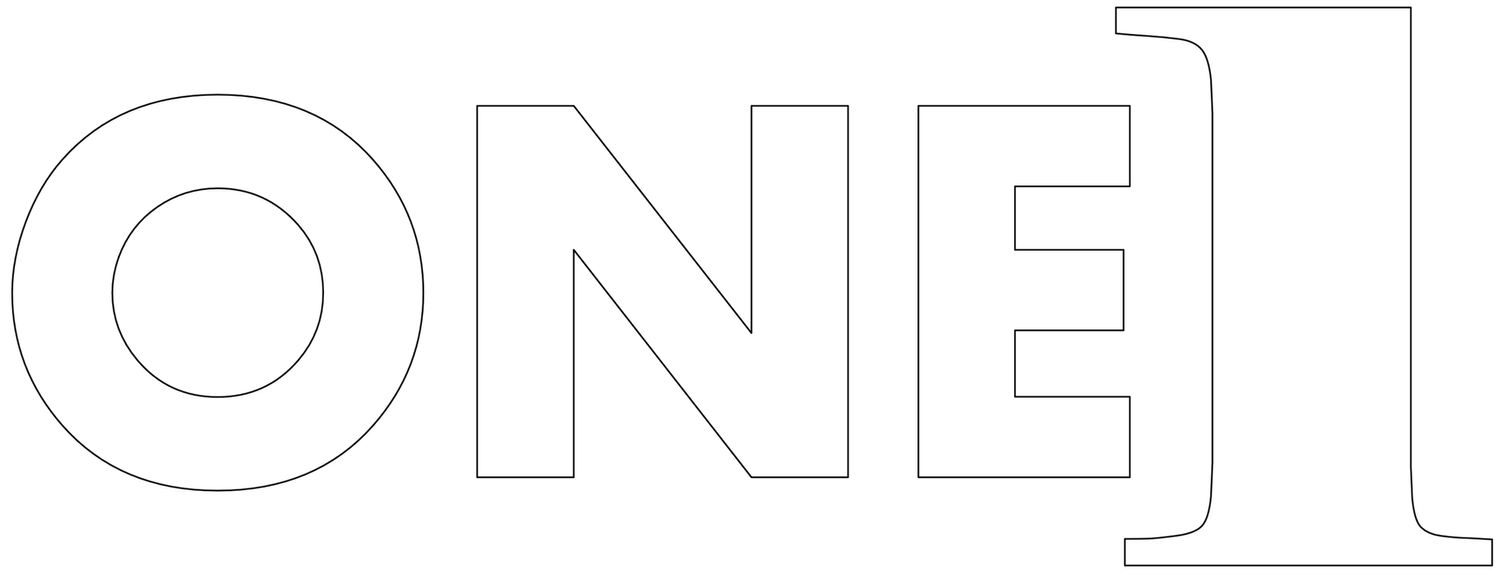The Future of Work Is Unbundled
When someone asks "what do you do for work?" they're really asking about four distinct elements, bundled together: your income source, your identity, your skills, and your societal contribution. But technological advancement is forcing us to confront an uncomfortable truth: these four elements don't actually need to be connected. And after examining what happens when we unbundle them, only one element emerges as permanently tied to work itself.
The Great Unbundling: What We've Always Assumed
Traditional work bundles:
Income: how you pay your bills
Identity: how you see and introduce yourself
Skills: what capabilities you're developing
Purpose: how you contribute to society
This bundling made practical sense when stable employment could meet all these needs simultaneously. But as technology reshapes entire industries, clinging to this bundle may limit the future of work.
The Employment Reality: Transformation, Not Elimination
Let's be clear: Work isn't disappearing. The U.S. economy is projected to add 5.2 million jobs from 2024 to 2034, with healthcare adding the most positions (driven by aging demographics) and professional services growing 7.5% (fueled by AI implementation and consulting demand).
Does our traditional four-part bundle still serve us in this evolving landscape?
Testing the Bundle: Truck Drivers
Consider America's 3.5 million truck drivers facing autonomous vehicle advancement. Traditional thinking says: retrain them for new jobs that provide income, identity, skills development, and purpose all wrapped together. But what if we approached this systematically, by unbundling each element?
Income Unbundling: Income could come through guaranteed work programs (like New Jersey's requirement for gas station attendants), revenue-sharing from the automated systems they help optimize, or transition stipends that recognize their contribution to building the infrastructure being automated.
Identity Unbundling: Instead of "I'm a truck driver," identity shifts to "I'm someone who values precision, understands complex logistics, and connects communities through the movement of essential goods." This identity is more resilient than any job title because it captures underlying values and capabilities.
Purpose Unbundling: The satisfaction of ensuring goods reach people who need them could manifest through entirely different community contributions that align with personal values rather than market demand.
Skills: Here's where this gets interesting.
The Element That Won't Unbundle: Skills as Work's Core
After wrestling with this framework, one element consistently resists separation from the concept of "work": skills. Not because skills require traditional employment, but because humans have an innate drive to master capabilities. "Competence" - i.e. the experience of mastery and effectiveness in one's activities - is a basic psychological need.
Redefining Work: Skills as Value Creation
Work, at its core, is the application of skills to create value. This definition transcends employment structures. "Value" here means monetary, social, and personal benefit, often simultaneously. The person caring for an elderly parent is applying skills (empathy, medical knowledge, organization) to create value (comfort, safety, dignity) even without a paycheck. The artist developing their craft is applying creative and technical skills to create cultural value.
Traditional economic definitions limit "skilled labor" to jobs requiring training. But this artificial constraint ignores sophisticated capabilities developed through lived experience, community engagement, and personal exploration. Between 1980 and 2012, social skill-intensive occupations grew by 11.8 percentage points as a share of all U.S. jobs, with wages growing faster than other categories. Employers consistently cite teamwork, communication, and emotional intelligence as valuable yet scarce.
The Unbundling Opportunity (And Its Challenges)
When we separate income, identity, and purpose from skills development, we create space for enhanced human potential. But let's be honest about the barriers.
Equity and Access: The promise of unbundling may be a luxury for those in the knowledge economy. We must confront how to value skills and labor across the entire spectrum, from creative to manual, ensuring this shift doesn't create a new hierarchy where some contributions are devalued. What infrastructure is needed to make skill development accessible to all, not just the privileged?
Income Challenges: Universal Basic Income, or similar policies, require building political coalitions across ideological divides, restructuring tax systems, and addressing legitimate concerns about work incentives.
Identity Transitions: Shifting identity away from job titles creates psychological and social friction. Our networking events, dating apps, and casual conversations are structured around occupational identity. New cultural norms must emerge gradually.
Purpose Challenges: Expanding contribution beyond market-validated activities requires recognizing and supporting value creation that doesn't generate immediate revenue. Care work, environmental stewardship, community organizing, and creative expression all create societal value but need new frameworks for recognition and support.
What This Means for the Future
The unbundling of work is already happening incrementally. Remote work unbundled location from productivity. Gig economy platforms unbundled benefits from work. Passion economy creators unbundled audience-building from traditional media companies.
Skills remain the constant. Whether someone is traditionally employed, freelancing, volunteering, or creating art, they're applying capabilities to achieve outcomes. The drive to develop and apply skills - to engage in work, broadly defined - appears to be hardwired into human nature.
The Questions That Matter
Sure, we should ask "what jobs will AI create," but we should also explore:
How do we structure income systems that support human development when work becomes more about choice than survival?
What cultural institutions help people develop identity beyond job titles?
How do we recognize and support skill development driven by curiosity rather than just market demand?
What does contribution look like when it's not constrained by employment categories?
The drive to develop and apply skills won't disappear. The answer to the question "what is the future of work?" lies in understanding what we mean by "work".

